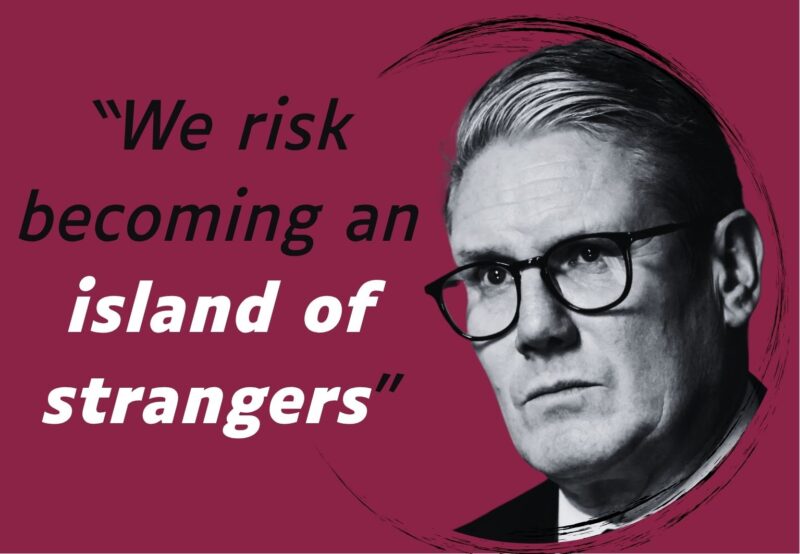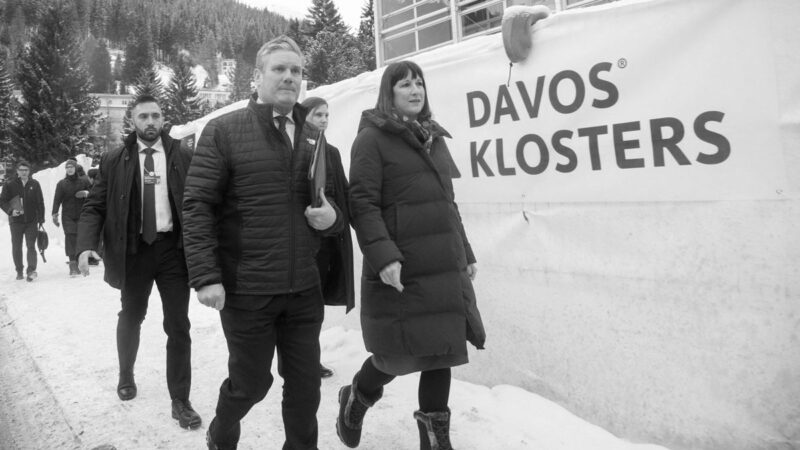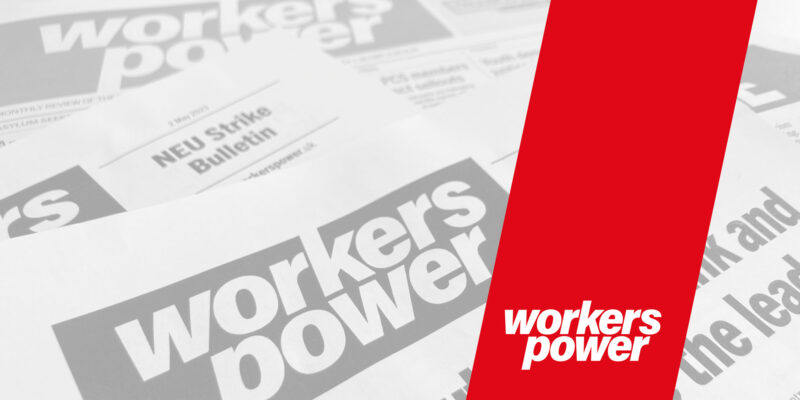Risk of debt default spreads in capitalist currency crisis
 The Eurozone is in crisis, Richard Brenner explains the latest developments of the financial saga
The Eurozone is in crisis, Richard Brenner explains the latest developments of the financial saga
THE RISK of the euro collapsing rose sharply at the beginning of June, as bond market billionaires took fright at prospects for Greece, Spain and even Italy going bust.
At the close of a month that saw Greek workers launch another series of one-day general strikes, the chairman of the EU finance ministers Jean-Claude Juncker issued a blunt threat to Greek politicians. All parties must agree to yet another deep programme of cuts and a new wave of privatisations, or the IMF would stop making bailout payments promised last year.
Already on 23 May, as stock markets plunged over Greek debt worries, Finance Minister George Papaconstantinou rushed out a statement promising “ambitious” sell-offs of public assets. “The cabinet decided to proceed immediately with the sale of stakes in [telecoms], the Postbank, the Athens and Thessaloniki ports and the Thessaloniki water company” he promised.
But this abject display of submission wasn’t enough to “calm the markets” and international capital is demanding more. The risk of a Greek default was measured at its highest ever on 27 May 2011, as the price of credit default swaps – insurance against a Greek default – reached 1438 basis points as against 999 points in January this year.
The EU’s Juncker, finance minister of the Luxembourg tax haven, is closely connected to international finance and the dominant EU powers Germany and France. His demand that all Greek parties should back more privatisation and cuts revealed that global capital is more than willing to ride roughshod over the rights of voters, to blackmail politicians into breaking their election promises.
The threat is a powerful one. Under Greece’s €110 billion bailout plan, the IMF is due to pay another €12 billion tranche at the end of June. If they withhold, EU powers may not be willing to pick it up.
Voters in Scandinavia, Britain, France and Germany are starting to speak out against funding more bailouts. In Finland the advance of the True Finns party showed how right wing populists can take advantage of anti-bailout feeling. In the UK the right wing press launched a campaign against foreign aid as a shot across Cameron and Osborne’s bows in the event of further bailout contributions later this year.
And in Germany fears are rising. Popular opposition to bailouts is strong. When 200 leading economists signed an open letter attacking more bailouts earlier this year, German employers’ president Dieter Hundt was forced to attack them in the business paper Handelsblatt, where he called for the size of the EU bailout fund to be raised from €250 billion to €450 billion.
Because there are more bailouts and even potential defaults looming. As we pointed out in Workers Power last month (WP May 2011, Fact and fiction: politics behind the deficit), the value of the European Financial Stability Facility (EFSF) has been raised because Spain could be bust.
As Spanish unemployment shatters the 20 per cent barrier and more than four in every 10 young people of working age are on the dole, international money markets are demanding still more vicious cuts in services, benefits and public provision.
The government of the misnamed Socialist party has been carrying out horrendous cuts already – but when they lost hand over fist in recent regional elections, investors demanded higher than ever returns for funding Spanish debt. The country’s 10-year bond prices slumped as demand for Spanish bonds faded away for fear of default.
As the main squares of Madrid and Barcelona filled with young protesters demanding revolution and “real democracy” , the governor of the Bank of Spain, Miguel Ordonez, said the people would have to be made to suffer more. Or as the Financial Times put it, “the country should not accept the high cost of financing sovereign debt and must press ahead with reforms.” The same crisis as Greece draws the same response from the bankers: For profit to stay private, debt must become public, and the working class has to pay.
Even if Spain goes down, and even if the EFSF and the IMF have the cash to bail it out, there is no chance of Europe finding the cash for the next and even bigger looming bailout: Italy.
The Economist Information Unit insists that current EFSF plus IMF funding would “not be enough for Spain plus any other potentially vulnerable country, such as Belgium (which has funding needs of around €140 billion during 2011-13) and certainly not Italy (€820 billion).” With a state debt of 120 per cent, the risk of an Italian bailout is real.
That risk showed signs of crystallising at the end of May. As fears spread for Greece and Spain, Italy’s 10 year bond prices also dived, as rating agency Standard and Poor’s put the country’s debt on a ‘negative’ outlook. Berlusconi’s corrupt right-wing regime responded by promising … a package of cuts to balance the budget within just two years.
The working class needs to link up across Europe and fight the cuts. We need to say we won’t pay for the bankers’ crisis – and we need to refuse the lie that the deficit must be paid. Instead the bondholders and bankers should have their wealth and assets confiscated, the debts should be renounced, and a general strike should be launched in each country facing cuts until the bosses back down and the cuts packages are abandoned – or until we overthrow them and take the power into our own hands.












